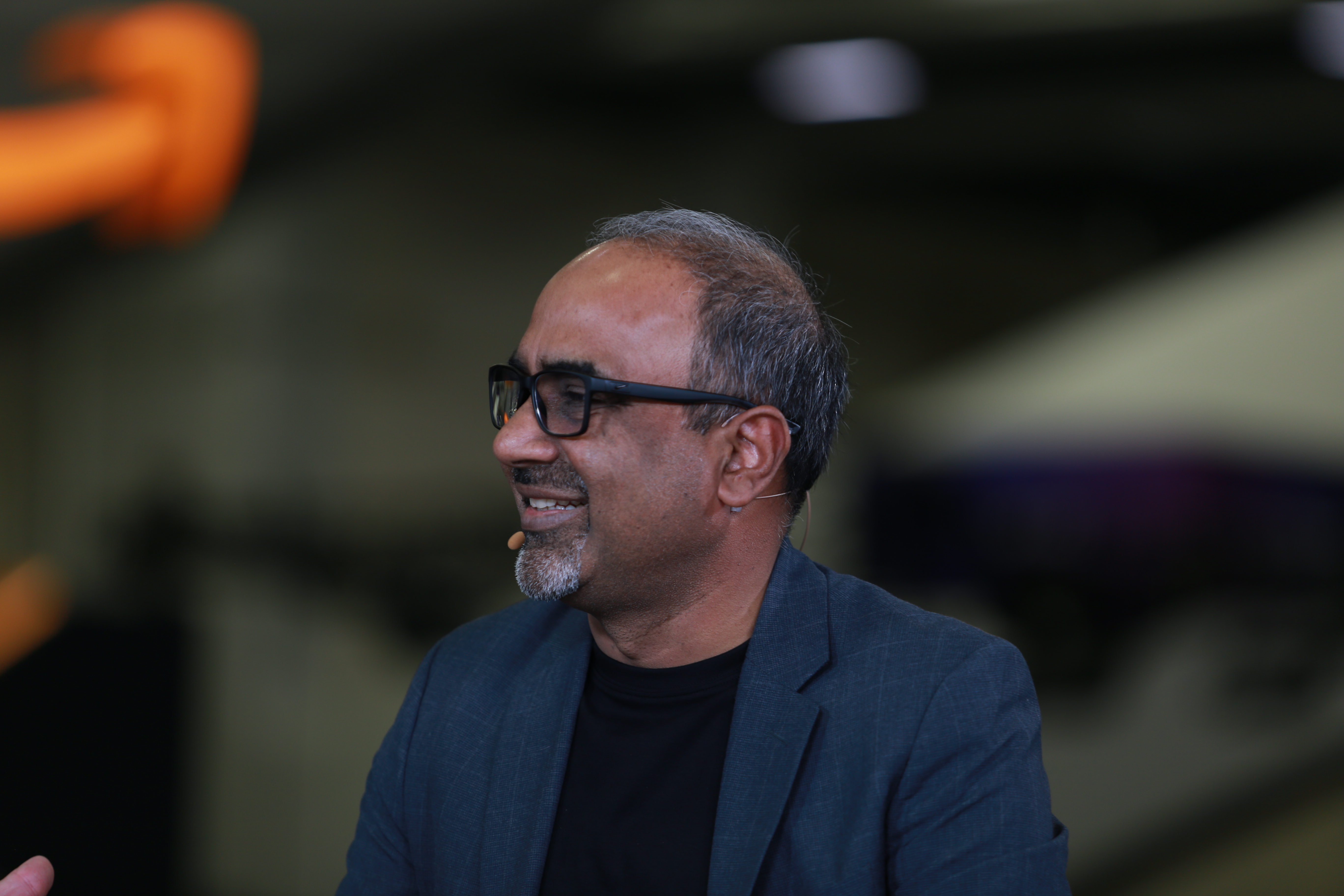 CLOUD
CLOUD
 CLOUD
CLOUD
 CLOUD
CLOUD
Technical democratization is leading to innovation, as cloud-native computing changes what’s possible across companies and cultures.
“The accessibility of technology has grown exponentially, like wildfire,” said Sarbjeet Johal (pictured), principal adviser at Stackpane Limited Liability Co. “Once you have access to the cloud, all you need is connection to the internet. After that you have the [virtual machines], and you have serverless — there’s zero cost to you.”
Johal spoke with industry analyst John Furrier during the AWS Summit San Francisco event, an exclusive broadcast on theCUBE, SiliconANGLE Media’s livestreaming studio. They discussed how incremental changes in the industry have added up to major disruptions, the societal role of tech giants such as Amazon Web Services Inc., and the race for talent. (* Disclosure below.)
Speed to market has been characteristic of cloud-native trends, but a new sense of urgency is emerging for the people who build, deploy and secure modern computing architectures.
“From the supplier side, it’s a race for talent to build it, number one, then number two is race for talent to train,” Johal said. “It’s about moving fast. It’s about having developer productivity. Steve Jobs used to say that the computer is the bicycle for the human mind. Well, cloud is the bicycle for the enterprises. They make them move faster.”
Recalling stats shared during the Summit keynote, Johal cited AWS’ pledge to train more than 20 million people in cloud computing over the coming three years.
Such an investment could pay off for AWS’ ecosystem, as Furrier anticipates a market opportunity for more managed services.
“We’re going to see more DevOps managed services. As DevOps teams grow, talent is a problem,” Furrier stated, noting the growing impact of the container management platform Kubernetes. “It’s not easy slinging clusters around with Kubernetes. It’s hard. I think that’s got to get easier. I think the path to ‘easy’ is going to be some sort of abstraction layer. The smart people … will manage it and then provide that as a service.”
In this emerging world of DataOps, industry standards will be crucial. According to Johal, the solution is cooperation towards a common, compatible framework.
“There is a lot of technical debt being built and as industry … we have to solve that problem,” Johal said.
Here’s Johal’s entire segment, part of theCUBE’s coverage from AWS Summit San Francisco 2022. (* Disclosure: TheCUBE is a paid media partner for the AWS Summit San Francisco event. Neither AWS, the sponsor of theCUBE’s event coverage, nor other sponsors have editorial control over content on theCUBE or SiliconANGLE.)
Support our mission to keep content open and free by engaging with theCUBE community. Join theCUBE’s Alumni Trust Network, where technology leaders connect, share intelligence and create opportunities.
Founded by tech visionaries John Furrier and Dave Vellante, SiliconANGLE Media has built a dynamic ecosystem of industry-leading digital media brands that reach 15+ million elite tech professionals. Our new proprietary theCUBE AI Video Cloud is breaking ground in audience interaction, leveraging theCUBEai.com neural network to help technology companies make data-driven decisions and stay at the forefront of industry conversations.